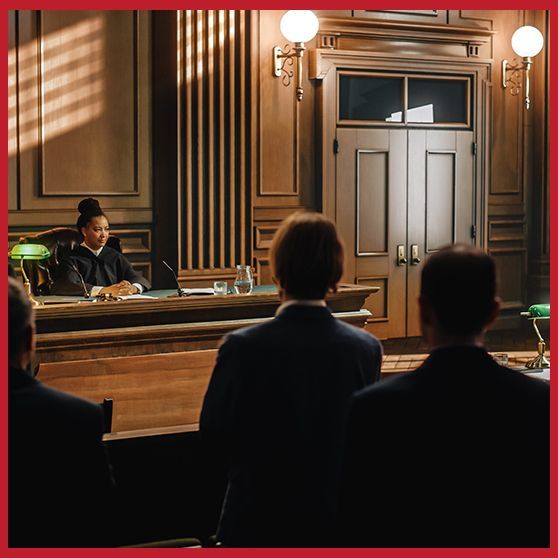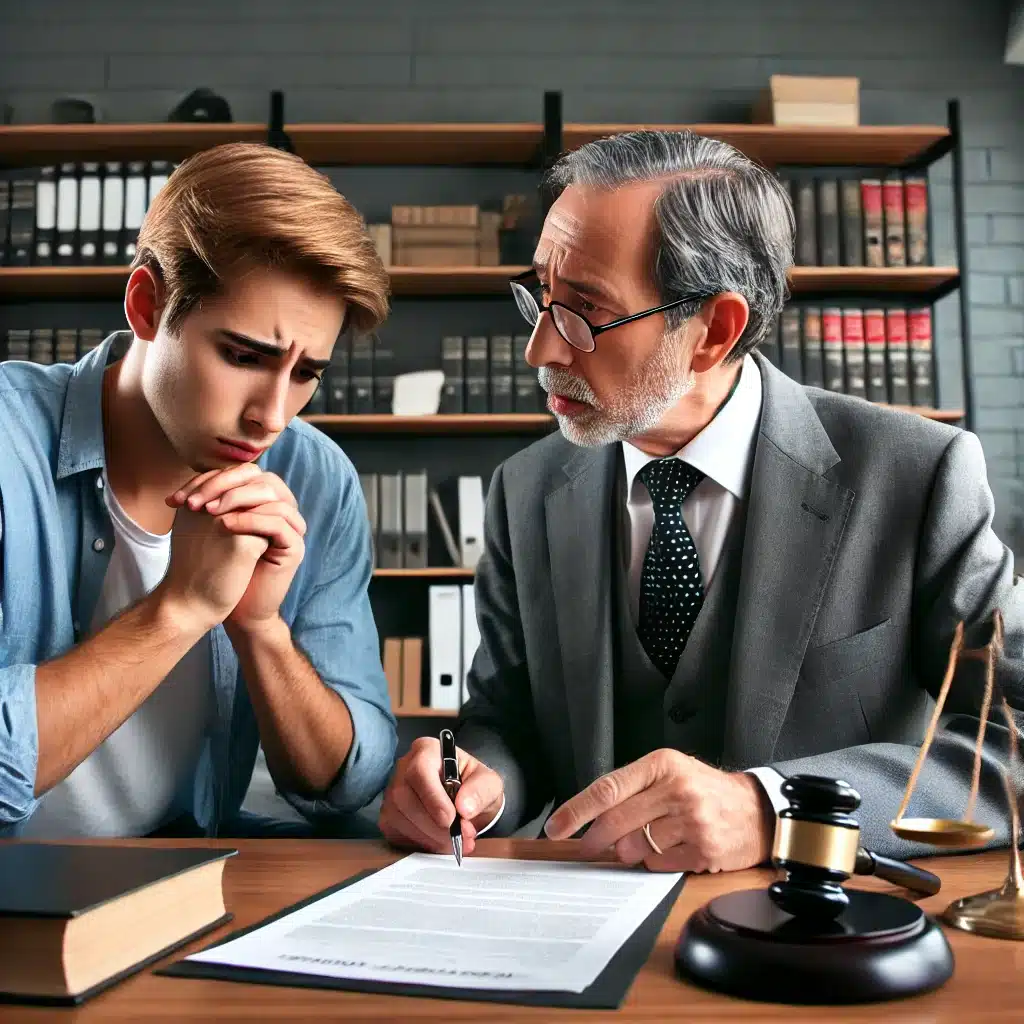Lawyer's Function in Filing a Habeas Corpus Application Explained
Lawyer's Function in Filing a Habeas Corpus Application Explained
Blog Article
Understanding the Duty of a Post-Conviction Lawyer in Seeking Justice After a Criminal Sentence
In the facility landscape of post-conviction legal procedures, the duty of a post-conviction legal representative is crucial in navigating the path to justice after a criminal sentence. Past the boundaries of a test, these lawyers take part in a multifaceted approach focused on revealing brand-new evidence, tough lawful mistakes, and advocating for their customers' rights. The details of post-conviction work require a blend of lawful acumen, investigative abilities, and critical thinking to untangle the intricacies of a situation and seek methods that might have been ignored or underexplored. As the quest of justice extends beyond the confines of initial procedures, the duty of a post-conviction attorney emerges as a sign of expect those looking for to correct injustices and reclaim their legal rights within the lawful system.
Post-Conviction Lawyer's Investigatory Job
Post-conviction attorneys participate in precise investigative job to reveal new proof, step-by-step mistakes, or misconduct that might possibly lead to rescinding a sentence. This investigatory stage is essential in the post-conviction process as it aims to identify any kind of overlooked information or legal mistakes that might have influenced the result of the preliminary test. Post-conviction lawyers look into situation data, witness statements, and legal paperwork with a fine-tooth comb, looking for any kind of discrepancies or irregularities that could be premises for appeal.
With extensive investigation, post-conviction attorneys intend to lose light on potential injustices that may have happened during the original trial. By looking at every facet of the lawful proceedings, post-conviction attorneys work tirelessly to discover any type of aspects that may have affected the judgment.
Crafting Appeals and Petitions
In the search of justice after a sentence, competent attorneys thoroughly craft allures and applications to existing engaging debates for the reconsideration of lawful choices. Crafting allures and applications calls for a deep understanding of the lawful system, focus to information, and critical reasoning. Post-conviction attorneys evaluate trial records, recognize possible mistakes or offenses of legal rights, and establish lawful disagreements to challenge the conviction or sentence.
When crafting an appeal, legal representatives concentrate on highlighting lawful errors that may have affected the outcome of the instance. They investigate situation law, laws, and lawful precedents to support their arguments. Applications, on the other hand, may involve offering brand-new evidence that was not available throughout the test or demonstrating changes in the legislation that require a review of the sentence.
In addition, post-conviction attorneys should comply with stringent procedural rules and target dates when filing allures and requests. They should offer their disagreements clearly and persuasively to encourage the court to give alleviation to their clients. Through careful crafting of appeals and applications, post-conviction attorneys strive to protect justice for individuals that have been wrongfully founded guilty or unjustly punished.

Going After Post-Conviction Alleviation
Post-conviction alleviation includes a range of lawful mechanisms made to test the validity of a sentence or sentence. Post-conviction attorneys play an essential duty in navigating these intricate treatments, ensuring that all lawful options are discovered to correct oppressions that may have taken place during the test or sentencing phase.
One common form of post-conviction relief is filing a request for post-conviction alleviation, commonly based on claims of ineffective support of advice, prosecutorial misbehavior, freshly uncovered proof, or constitutional offenses. Experienced post-conviction legal representatives have the abilities and expertise necessary to identify viable legal claims, conduct investigations, and present engaging arguments to secure relief for their customers.
Making Use Of Forensic Proof
When testing a sentence or sentence, the critical application of forensic proof can be an effective tool in post-conviction legal proceedings. Forensic evidence encompasses a variety of clinical strategies utilized to check out criminal activities and develop truths in court. Post-conviction lawyers can leverage forensic proof to test the credibility of convictions by presenting brand-new clinical searchings for that were not offered during the initial test.

Participating In Sentence Adjustments
Post-conviction legal representatives might discover the opportunity of sentence adjustments as a lawful opportunity to attend to out of proportion or unfair sentences bied far in criminal situations. Sentence adjustments involve seeking changes to the terms of an offender's sentence after a sentence has actually taken location. These adjustments can include reducing the length of a sentence, modifying the kind of penalty imposed, or exploring alternative sentencing alternatives.
Post-conviction legal representatives can go after sentence adjustments through numerous lawful systems, such as filing activities for sentence decrease, appealing for caring release, or negotiating appeal offers for decreased sentences. They should carefully assess the scenarios of the situation, assess the lawful grounds for looking for an alteration, and present engaging disagreements to the court supporting the demand for a revised sentence.
Involving in sentence adjustments calls for a thorough understanding of criminal regulation, sentencing standards, and the particular treatments associated with looking for post-conviction relief. Post-conviction lawyers play a critical function in advocating for reasonable and simply results by challenging sentences that are unduly extreme or do not align with the concepts of justice.
Conclusion
To conclude, the role of a post-conviction attorney is crucial in looking for justice after a criminal sentence. With investigatory work, crafting charms and applications, pursuing post-conviction alleviation, utilizing forensic evidence, and taking part in sentence modifications, these lawyers play an important duty in advocating for their clients and making sure that their rights are maintained within the criminal justice system. Their devotion and competence are essential in navigating the complexities of post-conviction process and achieving a fair result for people encountering criminal convictions.
Report this page